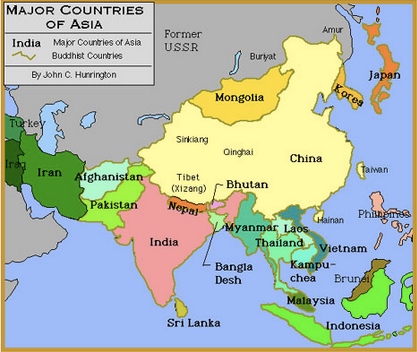WASHINGTON — President Trump advertised his deal-making prowess during his Asia trip this week, claiming to have struck economic, energy and military trade agreements with Japan, South Korea and China worth billions of dollars.
Whatever bill of goods Mr. Trump is selling, his claims require more context.
In the latest claim, issued on Friday, the White House released two statements saying the United States and China “signed trade and investment deals worth more than $250 billion” while Mr. Trump was in Beijing.
However, the Commerce Department’s breakdown of the $250 billion package includes several items that are not guaranteed to proceed — like an $8 billion natural gas project and $83 billion in shale development projects. Both were agreed to in nonbinding memorandums of understanding.
The Commerce Department’s breakdown also lists a $38 billion agreement for Boeing to supply China with 300 aircraft, which is in line with its 20-year forecast; and $2.2 billion in sales from General Motors to S.A.I.C., a large automaker in China that has a joint venture with G.M.
Earlier, in Seoul, Mr. Trump touted similar deals with South Korea that he said will bring jobs to the United States and reduce the trade deficit. “They’ll be ordering billions of dollars’ worth of equipment, and we’ve already approved some of those orders,” he said in a Nov. 7 joint news conference with President Moon Jae-in.
And in a Nov. 6 joint news conference with Prime Minister Shinzo Abe in Tokyo, Mr. Trump said Japan and other countries were now buying F-35 fighter jets, missiles and other military equipment from the United States “that, frankly, a year ago and two years ago were not.”
“It’s a lot of jobs for us,” Mr. Trump said at the news conference. Shortly afterward, he tweeted, “My visit to Japan and friendship with PM Abe will yield many benefits, for our great Country. Massive military & energy orders happening+++!”
Mr. Trump is wrong that those countries purchasing equipment today did not do so “a year ago and two years ago.”




